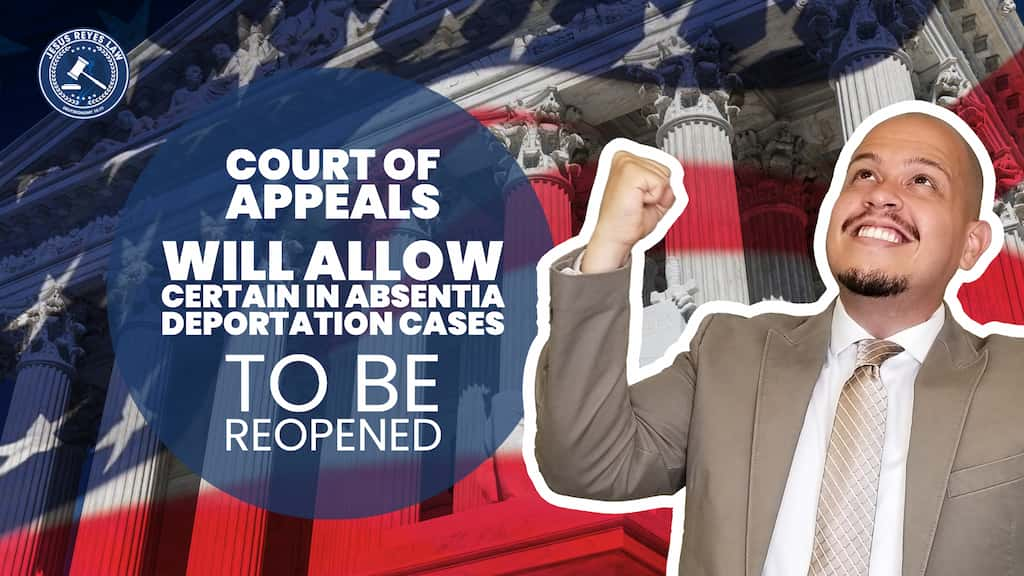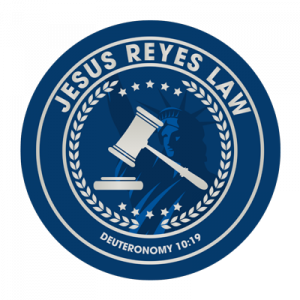From now on, Immigration Judges will be able to cancel or vacate deportation orders on a discretionary basis for aliens who did not appear or did not show up on time for their court dates.
Recently the Board of Immigration Appeals (BiA) took up the case of a Guatemalan mother and her son, who had an Order of Deportation after failing to appear for their appointment before a Judge. The Board’s decision will allow Immigration Judges to revoke or vacate certain Orders of Deportation on a discretionary basis and grant reopening of the case, without any guarantee of approval of the case.
In order for the case of deportation in absentia to be considered by the Judge to be revoked, it is necessary that the person presents evidence that justifies his absence or late arrival to the Court hearing, always following the guidelines according to section 240 (e) of the Immigration and Nationality Law, where it states that an order of removal in absentia can only be rescinded after the approval of a motion to reopen and that once achieved, it will allow to open the pending case to the alien, who must demonstrate that:
- The failure to appear was due to exceptional circumstances.
- The failure to appear was due to the alien’s failure to receive the Notice (NTA) or….
- The failure to appear was due to the alien being in Federal or State custody and the failure to appear was not the alien’s fault.
Now then,
What does the Immigration Act mean by “Exceptional Circumstance”?
It refers to circumstance beyond the alien’s control:
- Assault or extreme cruelty to the noncitizen.
- Assault or extreme cruelty to an alien’s child or parent.
- Serious illness of the alien.
- Serious illness or death of the alien’s spouse, child or parent.
Finally, it is important to note that the Board of Appeals has not said a word about Orders of Deportation in Absentia that have already been made or effected.
To learn more about this topic of interest, please contact our office for more details.










